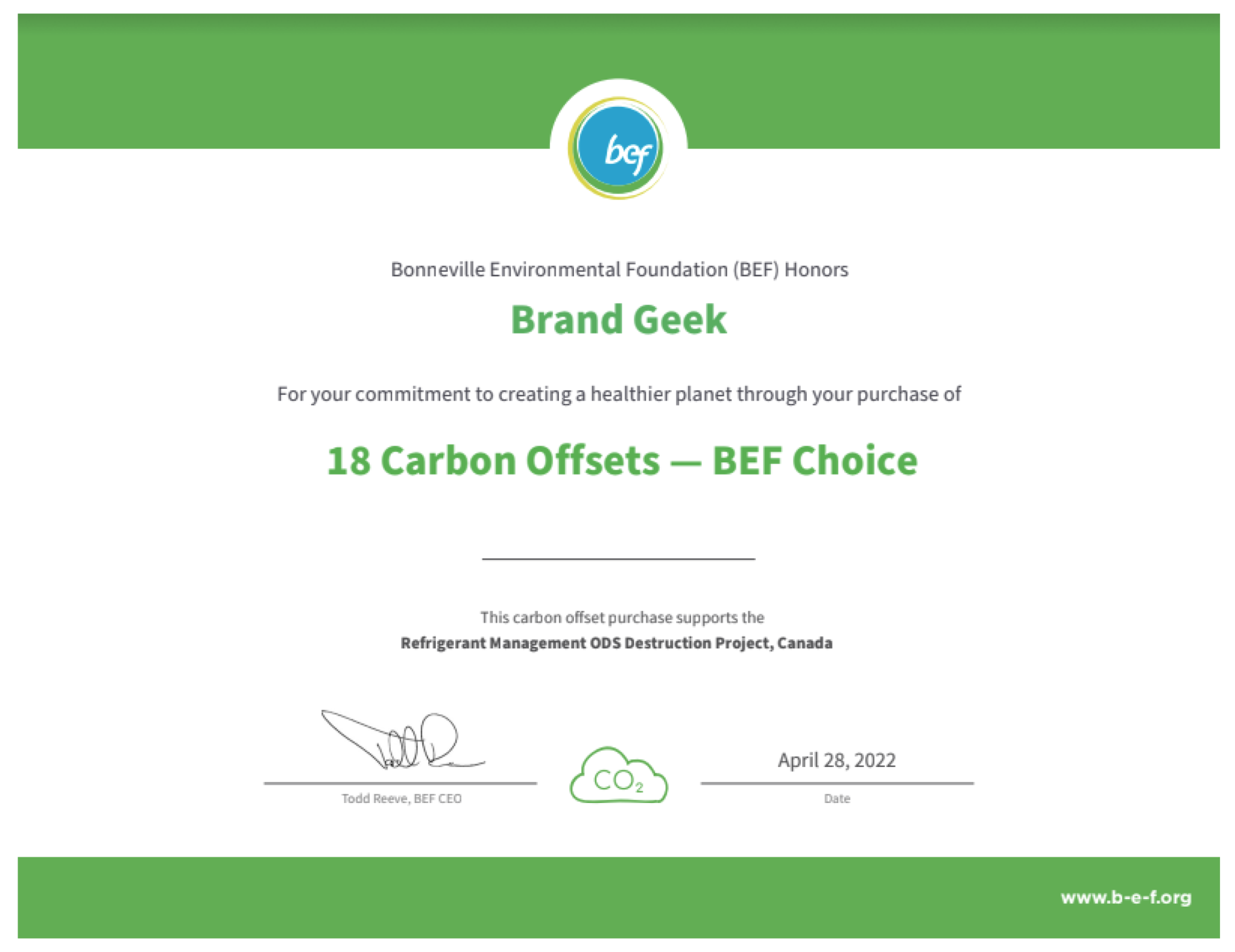Brandgeek proudly supports Mountain Area Preservation and is humbled to be…
Shagbook Attempts to Rattle Facebook

 Earlier this week I got a nice note asking me if I was interested in learning more about the breaking story of the Trademark Trial and Appeal Board (TTAB) Opposition filed against SNRG Ventures d/b/a Shagbook by Facebook. Who wouldn’t be? Any discussion of the similarities between social networking and on-line “adult dating” is bound to have drama, so bring it on! And although I am sure such letters go out to lots of folks, it’s always nice to feel important. So thanks, Mark Brooks.
Earlier this week I got a nice note asking me if I was interested in learning more about the breaking story of the Trademark Trial and Appeal Board (TTAB) Opposition filed against SNRG Ventures d/b/a Shagbook by Facebook. Who wouldn’t be? Any discussion of the similarities between social networking and on-line “adult dating” is bound to have drama, so bring it on! And although I am sure such letters go out to lots of folks, it’s always nice to feel important. So thanks, Mark Brooks.
Facebook Oppositions against “___BOOK” sites aren’t that unusual. Facebook may be the world’s largest social networking site, but it can’t seem to play nice with others, especially if the others have the audacity to use the BOOK suffix in any mark having anything to do with social networking. Due to its vigorous enforcement strategies, Facebook is gaining a reputation for being a trademark bully.
Facebook filed TTAB proceedings to prevent US federal trademark registration of marks including: DATEBOOK; VETBOOK; OFFICEBOOK; TALKBOOK; ASSBOOK; DOCTORBOOK; GEEZERBOOK; LAWYERBOOK; TEACHBOOK; BOSS BOOK; SAFARIBOOK; FAMEBOOK; VISIONBOOK1; MYBOOKSPACE; PLACEBOOK; POCKETBOOK.COM; ROTTENBOOK.COM, and just this past Monday, EOTORO OPENBOOK. While I can’t believe Facebook picked on geezers; I can see why it went after Shagbook.
Shagbook’s homepage touts it as “the hottest place to hook up with local singles for no strings attached adult dating.” (Emphasis theirs.) Hmmm . . . no strings attached dating doesn’t quite sound like “dating,” at least from what I remember. The site also says “Sign up now and find a naughty date tonight!” Facebook account members can post crazy stuff like this, but Facebook is not about to let consumers be confused into thinking that it endorses such freewheeling.
On May 25, 2011 Facebook Opposed the SHAGBOOK registration on grounds of likelihood of confusion and dilution by blurring and tarnishment. The Facebook Opposition alleges that the SHAGBOOK mark was adopted with the intent to “call to mind and create a likelihood of confusion with regard to, and/or trade off the fame of Facebook and the registered FACEBOOK marks,” as evidenced by Shagbook’s originally submitted specimen of use, which contained a logo that closely resembled the FACEBOOK logo:
Facebook claims SHAGBOOK creates a false suggestion of an affiliation or connection between Facebook and SHAGBOOK when none exists. Facebook also claims that SHAGBOOK reduces the distinctiveness of the FACEBOOK mark by combining Facebook’s “distinctive BOOK suffix” with the descriptive term “shag,” which the complaint notes, “is defined by the World English Dictionary as a verb meaning “to have sexual intercourse with.” I checked Merriam-Webster’s Unabridged dictionary, which lists among 10 different definitions for shag, “slang: to run after with intent to copulate.” Wow! I knew shag was an old slang term for intercourse, but I never knew running was involved. For now Shagbook seems to be running towards Facebook, though Facebook has some serious (legal) protection.
Shagbook filed its Answer to Facebook’s Trademark Opposition on July 25, 2011. In the very first paragraph of its Answer to Facebook’s Notice of Opposition, Shagbook asserts that FACEBOOK is a generic term. I must say, for head shot picture books at Universities, yes; for social networking websites, no. Shagbook’s first affirmative defense reiterates the genericness claim, which I just don’t see. Shagbook asserts 7 other affirmative defenses before it counterclaims to cancel 6 of Facebook’s trademark registrations. The Counterclaims recount both the history of the term Facebook and the protection (through federal trademark registration) and enforcement (through litigation) of the FACEBOOK brand.
Most cases settle and this one probably will too, but in the meantime it’s another Facebook trademark match that will be interesting to watch.
 Some marks are best avoided. When you know that a company has a history of asserting rights against certain types of marks for certain services, it’s a good idea to avoid using those marks. Whether or not you think the company’s claims are justified, the important question is … can you risk the potential hassle and expense?
Some marks are best avoided. When you know that a company has a history of asserting rights against certain types of marks for certain services, it’s a good idea to avoid using those marks. Whether or not you think the company’s claims are justified, the important question is … can you risk the potential hassle and expense?






This Post Has 0 Comments